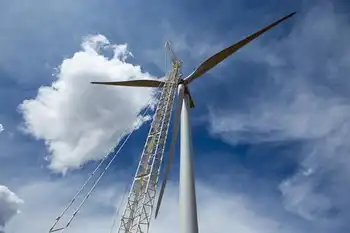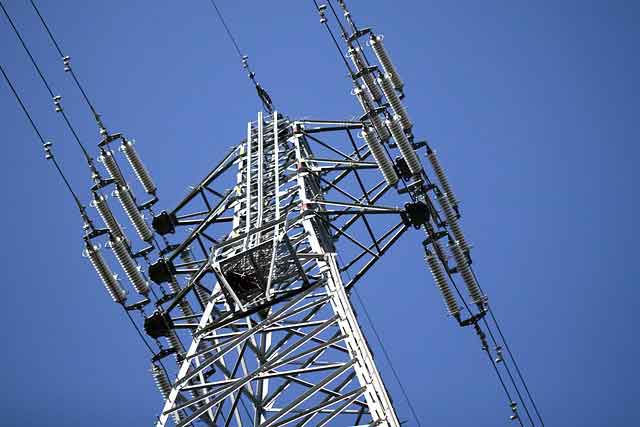Duke exec out after email flap
By Charlotte Observer
High Voltage Maintenance Training Online
Our customized live online or in‑person group training can be delivered to your staff at your location.

- Live Online
- 12 hours Instructor-led
- Group Training Available
Turner is president of Duke's regulated electric and gas units, its largest businesses. He was not asked to resign, Duke spokesman Tom Williams said, but the company found the e-mails "concerning."
Dozens of e-mails obtained by the Indianapolis Star under an open-records request, published November 28, showed up to eight to ten messages a day between Turner and the former chairman of the Indiana Utility Regulatory Commission, David Lott Hardy. The exchanges ranged from what kind of BMW Turner should buy to personnel matters, the newspaper reported.
Indiana Gov. Mitch Daniels fired Hardy in October in the midst of ethics investigations into the relationship between Duke and state regulators. The FBI is reported to be investigating.
The state utility commission's general counsel, Scott Storms, continued to preside over Duke matters while Storms was negotiating a job with Duke, the governor's office said. Hardy, as Storms' boss, knew of the situation but didn't do anything about it, Daniels said.
Last month Duke fired Storms and its Indiana president at the time, Mike Reed.
The e-mails between Turner and Hardy often discussed Storms and Reed, the Star reported. Reed and Hardy were friends after working several years together at the utility commission, it said.
Turner, in a statement, said he "fell short" of professional standards. "I am choosing to step away at this time so that our company and our employees can begin to move on from this distraction. I believe this is the best path forward for me and the company."
Turner declined further comment. CEO Jim Rogers was not immediately available for comment.
Williams said Duke is doing an internal investigation, in addition to probes by Indiana regulators. Turner didn't withhold from the company the e-mails the Star published, Williams said.
Rogers will represent Duke at a December 13-14 hearing before the Indiana commission on costs of a new coal-fired power plant now under construction in Edwardsport, Williams said. Turner had filed comments in advance of the hearing but will not appear, he said.
Storms, while still with the utility commission, had presided over matters related to the plant, the Star reported.
Turner joined Ohio-based Cinergy in 1995, rising to president, and became a top executive at Duke Energy when the two companies merged in 2006. Earlier in his career, he was a principal in an Indianapolis law firm, representing industrial customers before the state utility commission.
With Turner's departure, several of the executives under him will instead report directly to Rogers. Among them are state presidents Doug Esamann in Indiana, Julie Janson in Ohio and Kentucky, Brett Carter in North Carolina and Catherine Heigel in South Carolina.











